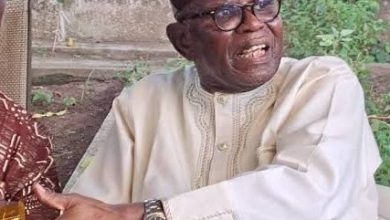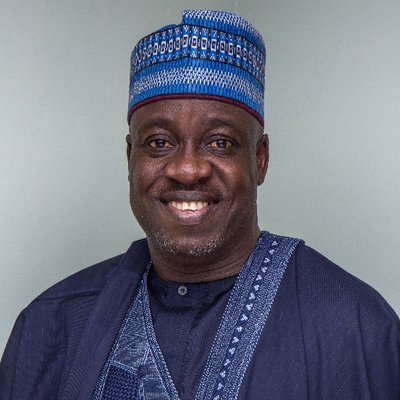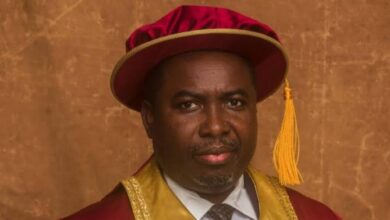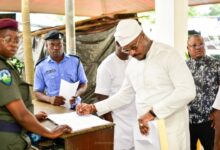Ethnic Clash: A memoir of horror
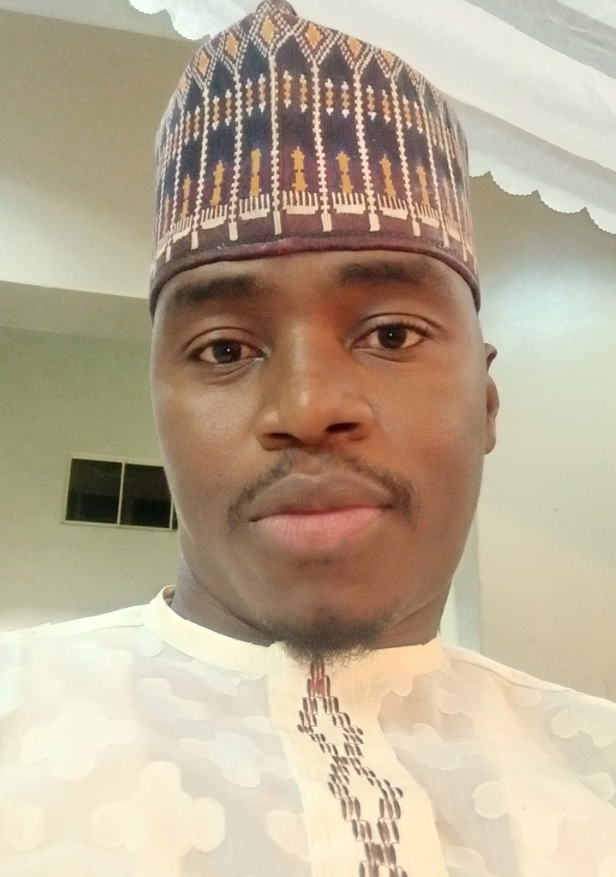
By BASHIR KABIR
Prior to an unfortunate Tuesday, news of trailer-full of Hausa indigenous dead bodies from the South West (Shagamu to be specific) was the subject of discussion among adults in Kano State. The Yoruba residents naturally became wary and instinctively seek protection from reprisals.
While the groundswell of unrest, tension, and protest is rippling down in the south, there seems to be an unparalleled level of calm up in the north. That might be everyone’s perception but mine. With the simple mention of ‘Hausa-Yoruba clash’ it opens up a wound I thought had healed.
North had witnessed various levels of violence in the recent year, but God in his mercy, I did not witness any of them first hand. The nightmares of violence for me returned only when a similitude of what I witnessed was about to be repeated.
It is sad that after decades, and this is the age of awareness, some clueless Nigerians are yet going back to the archaic era of ethnic killings. It is sad one more time because the root cause of the problem of this ethnic division over these donkey years has not been addressed by all the stakeholder and most crucial the masses themselves.
For somebody who is Hausa/Fulani by the origin and who was born and raised in Kano, the horrible memory of tribal violence will always haunt me for as long as I breathe. What is even more horrifying is the fact that it was entrenched in my psyche and affecting several major decisions, some good, some bad, later in my life.
Twenty or more so years ago, it was commonplace a piece of news to hear that the Hausas are attacked in Lagos. And the next day to find out the Yorubas were attacked in Kano or Kaduna in reprisal.
One such incidence was, if I could recall, in 1999. I was a secondary school kid and didn’t even understand the magnitude of being attacked by an entire mob in your own home, with your beloved family. Or burn an entire property that took several years to build.
But it was clear to me that it was not a way to live. I’ve hated it and wished it didn’t have to be that way. I would hate it even more with what happened that fateful year.
PRIOR TO AN UNFORTUNATE TUESDAY, NEWS OF A TRAILER-FULL OF HAUSA INDIGENOUS DEAD BODIES FROM THE SOUTHWEST (SHAGAMU TO BE SPECIFIC) WAS THE ONLY SUBJECT OF DISCUSSION AMONG ADULTS IN KANO STATE. THE YORUBA RESIDENTS NATURALLY BECAME WARY AND INSTINCTIVELY SEEK PROTECTION FROM REPRISALS.
In the neighbourhood I lived, there were quite enough of them. They run different mini businesses and professions such as tailoring, photography, catering, teaching, panel-beating, electricians, carpenters, hair salons, et cetra.
They were fully integrated into the community and well respected. I can easily remember many of them by names and their professions. Like Kayode the photographer, Mama Yemisi the food seller and Yemisi her daughter a photographer who took all the childhood photographs that I still treasure. Sikomi (I hope I got the spelling correct) was our friend with whom we played football. He was a regular kid full of energy and troublesome.
On that fateful Tuesday, I woke up to deafening screams from my young sisters. I jumped out of bed and got out of the room. I saw my father quickly shutting the entrance door and retreating back. I followed him inside asking him what was going.
Inside the house, my sisters were shushed by my step-mom to stop screaming least they attract attention from whatever was happening outside. Soon, I understood that there was even more noise coming from outside. I followed my father to the upstairs rooms to look outside the window.
I will forever remember the ugly scene of hundreds of irate youth carrying varieties of ugly weapons ranging from huge clubs, machetes, knives, synths, and whatnot at the early hours of the day. I saw them attacking the police station where the scared Yoruba residents took refuge and slept over for protection. Later I gathered that after the mob ransacked their houses and burn them down into ashes, they were disappointed because there was nobody inside. That’s when they decide to attack the police station.
The police station was a few steps from my house. We could hear the screams getting even louder as more youth joined in the siege of the building. We were praying that the police holds against the youth long enough until any kind of reinforcement arrives to support them, but alas. After an embarrassing failure of the police officers to be able to hold, they surrendered and escaped to save their lives. That was when the anarchy began.
They set the edifice on fire, forcing the refugees to spill out, and took to the streets to escape the smoky air they’re choking from. At this point, there was no way any single one of them stood the chance of escaping. There were hundreds of weapon-carrying hoodlums blocking all exit ways, waiting for their prey. What happened afterwards, and that which I witnessed with my own eyes, I don’t have the heart to narrate here or anywhere.
I had to leave the window as soon as the mayhem became too much for my innocent mind process. Several hours after the vagabonds finished dispatching their victims, they started banging on doors where they suspected a resident might be hiding a Yoruba indigene.
IT WASN’T UNTIL WAY AFTER AN AFTERNOON THAT IT WAS SAFE FOR ANYONE TO COME OUT. THE REALITY OF THE HORROR THAT HAPPENED WAS RIGHT THERE WAITING FOR EVERYONE TO SPECTATE. DEAD BODIES OF MEN, WOMEN, CHILDREN. MOST OF THE PEOPLE WE KNOW AND ARE FAMILIAR WITH. PEOPLE WE CAME TO HAVE A BOND WITH. IT WAS A WAR ZONE.
People were desperately trying to confirm that some of their friends are still alive. Women at home were crying with the news that their favourite photographer, food seller, saloon attendant, and in my case, a friend was dead. I saw Sikomi’s dead body lying in the gutter. His head almost completely bashed off.
I was scarred for life. I vowed to never reside in any community where my kind is not predominant and definitely never to stay longer than necessary in the south where the situation is less than ideal safety-wise.
After my NYSC service years, I got a good offer to work in the south but the same fear made me turned it down and ran back to the bosom of the north. Up until today, even when I thought this madness is gone for good, I became conscious whenever I find myself in an ‘alien’ neighbourhood. I developed the mentality of blending for safety. Calculating potential risks and identifying quick exits
No matter how much this experience scared me, the fact that a whole community of families lost their lives is the most disturbing. The name Sikomi will always be a traumatizing reminder of human madness for the rest of my life.
*Bashir Kabir, a public analyst, wrote from Kano.


